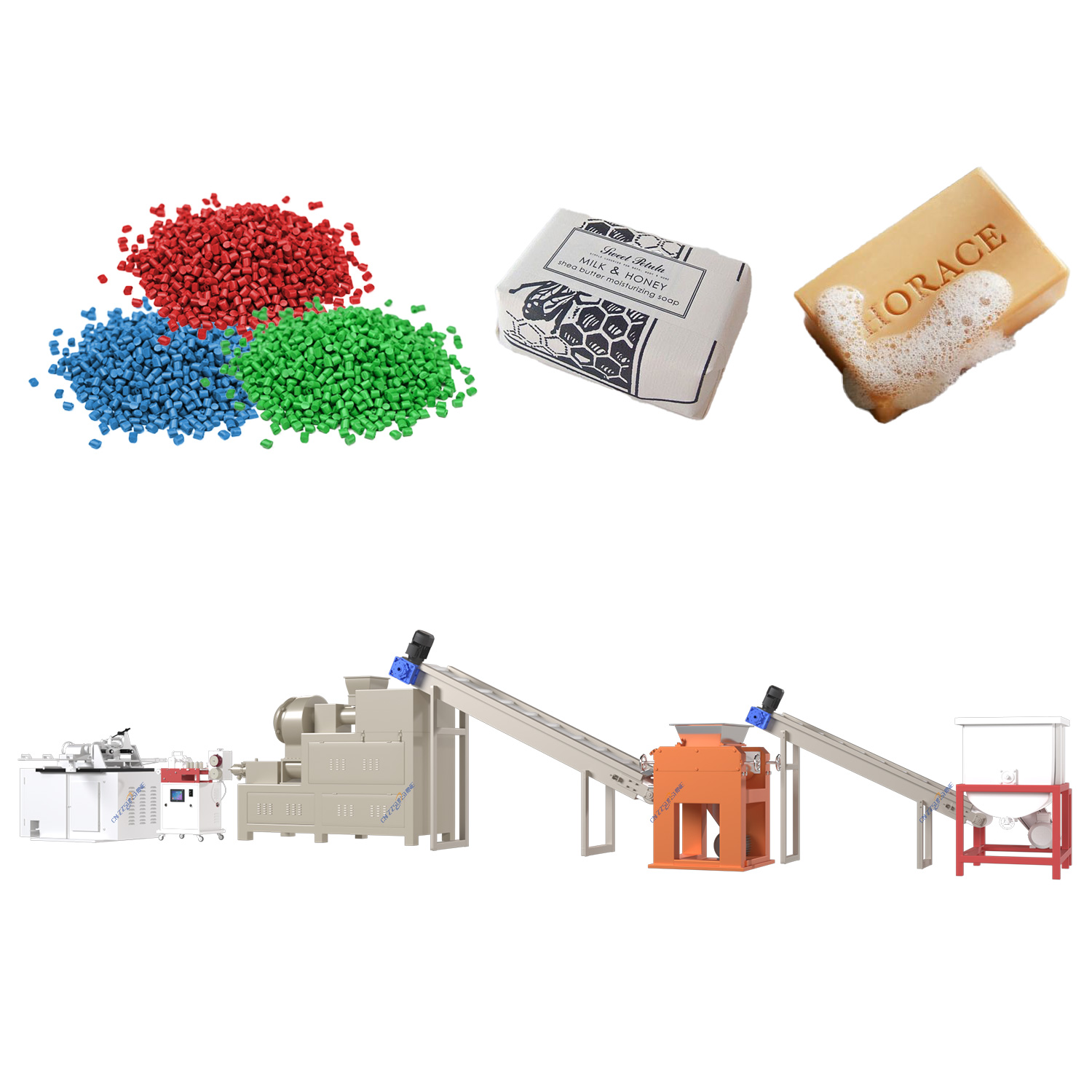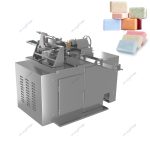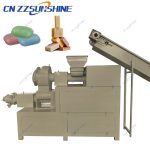Modern soap manufacturers face increasing demands for efficiency and consistency. Implementing an automatic soap production line revolutionizes operations by integrating specialized machinery into a seamless workflow. This comprehensive system typically includes a robust soap mixer for homogeneous blending of fats, lye, and additives, followed by a vacuum plodder to remove air pockets and ensure bar density. The extruded soap log then advances to precision cutting equipment, such as an electric washing soap cutter, which delivers uniform bar sizes with minimal waste.
For large-scale operations like laundry bar soap production lines or toilet soap finishing lines, automation is indispensable. Key components like the soap plodder machine for bar soap enable continuous extrusion, while custom soap cutting machines adapt to diverse shapes and thicknesses. High-output environments, including bath soap making machines and beauty soap making lines, benefit from reduced manual handling and enhanced hygiene control. The integration of PLC systems allows real-time monitoring of parameters like temperature and pressure, critical for maintaining product integrity.
Transitioning to an automatic soap production line significantly reduces labor costs and human error. A well-designed laundry soap making line can operate 24/7 with minimal supervision, while consistent output quality meets stringent retail specifications. For manufacturers sourcing equipment, selecting machinery with quick-change parts facilitates switching between product types—from utilitarian laundry bars to premium beauty soaps—without downtime. The ROI becomes evident through faster cycle times, lower reject rates, and scalable capacity. Ultimately, automating soap fabrication isn’t just about speed; it’s about achieving repeatable excellence in a competitive market where precision and reliability define brand reputation.





